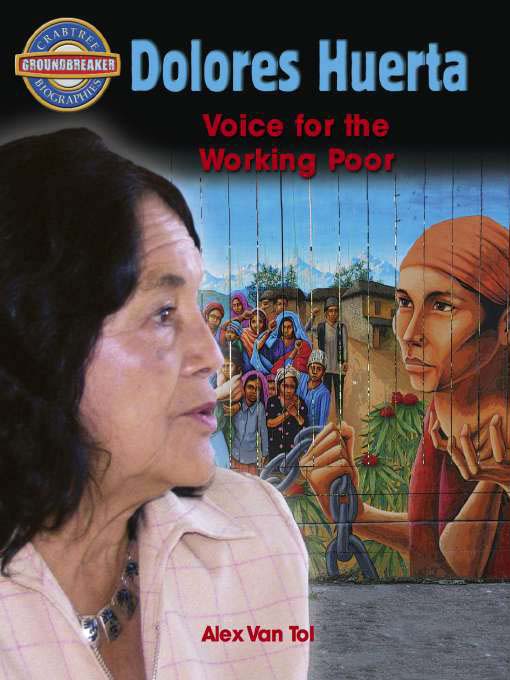- Available Now
- New eBook Additions
- New Kids Additions
- New Teen Additions
- Try Something Different
- Libros en Español
- Most Popular
- Harlequin Romance
- Homework Help
- See all
- Available Now
- New Adult Audiobook Additions
- Audiobooks for the Whole Family
- New Kids Additions
- New Teen Additions
- Most Popular
- Try Something Different
- Great Narrators
- See all


